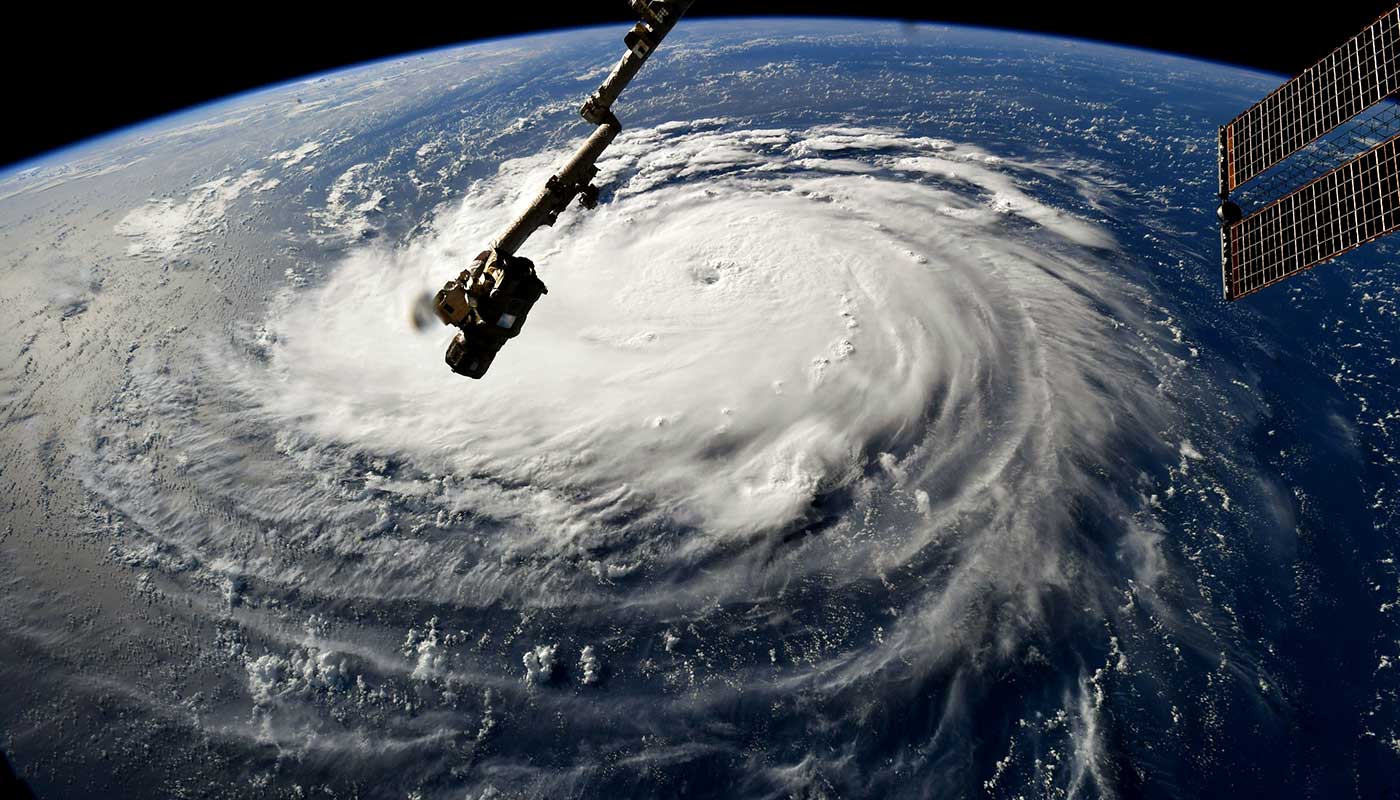Play all audios:
As Hurricane Michael bears down on North and South Carolina after devastating the Florida coast, experts argue that it is time to change the way we talk about these deadly storms. Earlier
this year, the disaster risk reduction organisation DRR Dynamics urged journalists to stop using the term natural disaster when talking about these events. The description is “factually
incorrect and misleading,” they said in a public letter, as it suggests there is nothing humans can do to reduce the risks. SUBSCRIBE TO THE WEEK Escape your echo chamber. Get the facts
behind the news, plus analysis from multiple perspectives. SUBSCRIBE & SAVE SIGN UP FOR THE WEEK'S FREE NEWSLETTERS From our morning news briefing to a weekly Good News Newsletter,
get the best of The Week delivered directly to your inbox. From our morning news briefing to a weekly Good News Newsletter, get the best of The Week delivered directly to your inbox. By
blaming nature for the event, reporters are also absolving “powerful decision-makers of responsibility for allowing or forcing people to live in vulnerable conditions,” researchers argued.
Kerry Emanuel, a professor of atmospheric science at MIT and a global expert on hurricanes, agrees. “The phrase ‘natural disaster’ is an attempt to lay blame where blame really doesn’t
rest,” she tells CNN. “The best scientific info we have now is that the probabilities of these intense hurricanes are going up in many places because of global warming,” Emanuel argues.
Hurricanes occur naturally, but global warming has caused water and air temperatures to rise by 1C over the past 100 years – conditions that help increase the frequency and intensity of
storms. Rising sea levels also increase the height of storm surges, as well as the flood risk in coastal communities. A landmark report published by the UN’s Intergovernmental Panel on
Climate Change (IPCC) this week laid bare the extreme damage humans have done – and continue to do – to the planet. “The climate is changing, and that means that weather is impacted by the
current state of the climate. There's a human fingerprint on that,” Kevin Reed, an assistant professor in the School of Marine and Atmospheric Sciences at Stony Brook University.
"So, to some extent, there's a human fingerprint on individual weather events." Inadequate infrastructure and disaster preparedness have also worsened the effects of
hurricanes. This, too, “has nothing to do with the natural world that humans inhabit, and everything to do with policymaking decisions that those humans make,” Seth Millstein writes for
Bustle. Instead of hanging on to the term “natural disaster”, some experts argue in favour of simply referring to hurricanes as “disasters”. But Katharine Hayhoe, a climate scientist at
Texas Tech, suggests that we refer to them as “what used to be entirely natural disasters... now amplified or exacerbated by human-induced change.” “I know it's a mouthful,” she says.
“But I think it's worth it, because it addresses the misconception and presents the facts, all in one.” Explore More Climate change

